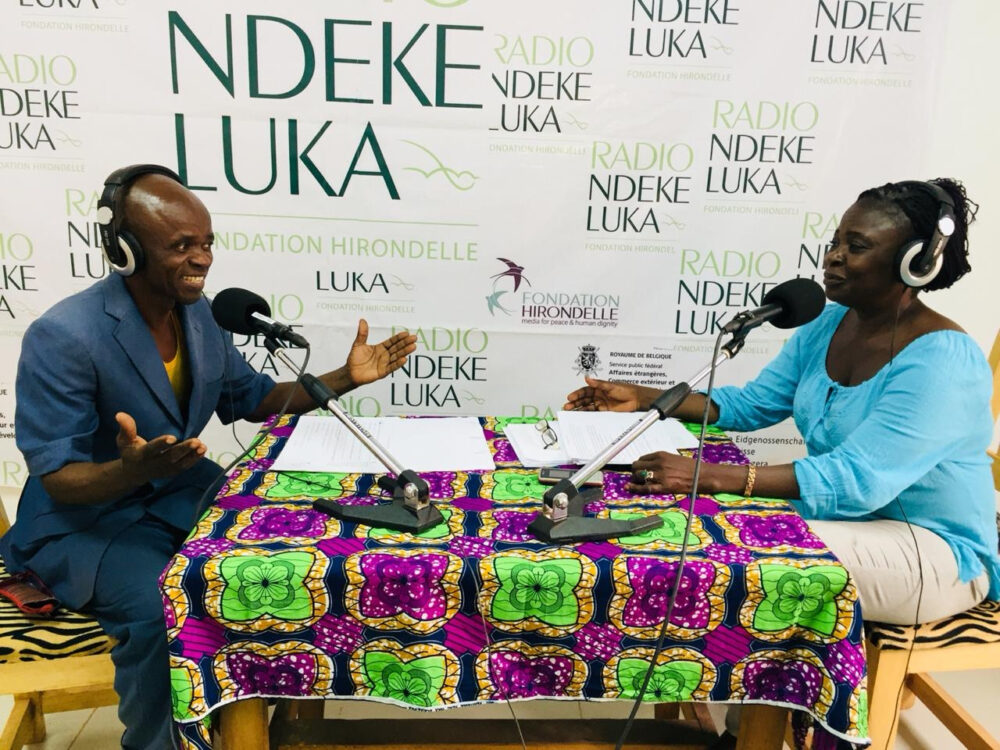Radio lessons in Mathematics and French for children: a key program broadcasted by Radio Ndeke Luka in this time of health crisis (COVID-19). Due to the pandemic, schools are closed in CAR and children and their teachers confined to their homes.
The Central African Republic is ranked second last in the world in terms of the Human Development Index. The education sector has been affected by conflicts and social tensions for almost two decades. Children and women are the most marginalized and hardest hit by the consequences of the Central African conflict. “Currently, one million children are in need of education and do not have access to school and 56,000 of them live in camps for displaced people in the Central African Republic,” says the humanitarian response plan 2020 in the Central African Republic.
Children’s living conditions are very precarious in CAR. As a result of armed conflict, tens of thousands of families in several regions of the Central African Republic have been forced to leave their villages, leaving behind their homes and possessions. Displaced children often no longer have access to school. Pauline lives with her grandson in Paoua (North-West), she says: “These lessons on the radio are the only way to educate my grandson, I can’t afford to pay for him to go to normal school”.
In this fragile context, the Central African Ministry of Education, Unicef and Radio Ndeke Luka, the radio station created and supported by Fondation Hirondelle in CAR, launched radio-based education programmes at the end of 2019. These educational programmes via radio are today one of the only ways for many children to maintain an educational routine in this period of health crisis linked to COVID-19. Schools are closed and children and their teachers are confined to their homes throughout the Central African Republic. Every day, at 5:05 p.m. Bangui time, numeracy and reading lessons in French and Sango, the national language, are broadcast to support the Ministry of Education’s action for the affected children.
“Today, without the lessons on Radio Ndeke Luka, my children risk losing a school year with the closure of schools, we don’t know when the situation will improve” says Laurentine, 34, a resident of Bambari, CAR’s second largest city.
About ten cases of Covid-19 were confirmed in the Central African Republic between 14 March and 10 April 2020. Sanitary measures have been taken by the country’s authorities. The Ministry of Health, NGOs and the media have been working for almost a month to stop the spread of the virus in the Central African Republic.

